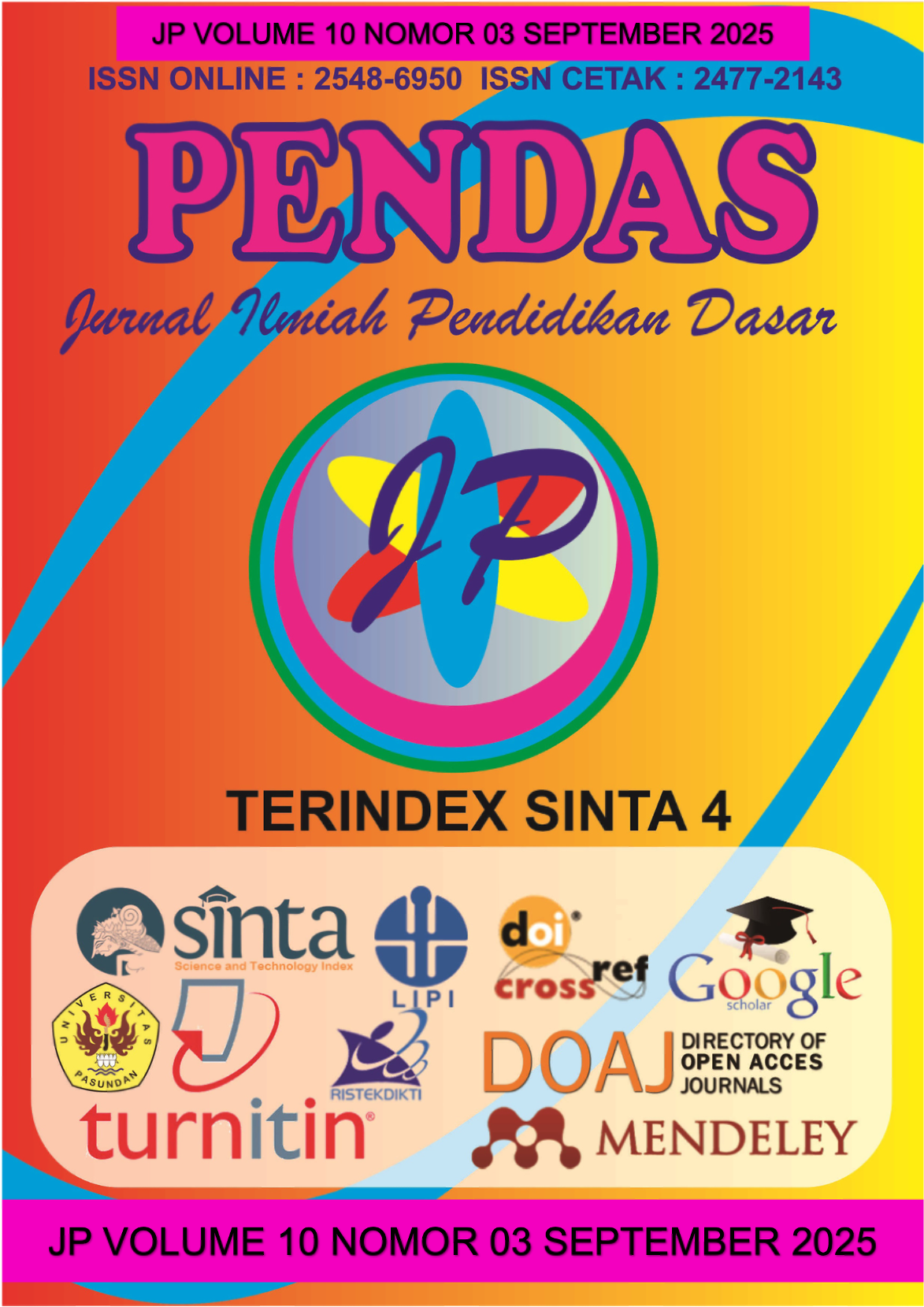SELF – ESTEEM PADA PENGGUNA SECOND ACCOUNT INSTAGRAM
DOI:
https://doi.org/10.23969/jp.v10i03.31633Keywords:
Self – Esteem, Second account, Self – expressionAbstract
This study explores how the use of second accounts on the Instagram platform
influences the development of self-esteem among adolescents. The aim of this
research is to analyze the dynamics of self-esteem dimensions in second account
users. This study employs a qualitative method with a phenomenological approach,
involving three informants who have used second accounts for more than two years.
Data were collected through interviews and analyzed using coding techniques and
data triangulation. The results show that all three informants feel more comfortable
and confident using their second accounts due to the safe space they provide, free
from social pressure. The informants are able to express their emotions, opinions,
and reveal personal sides that they cannot display on their main accounts.
Differences were found in how each informant deals with criticism and builds self-
acceptance; however, in general, the use of second accounts helps reduce feelings
of insecurity and enhances their sense of self-worth.
Downloads
References
Latupeirissa, A., & Wijono, S. (2022).
Self-esteem dengan self-
presentation pada mahasiswa
pengguna media sosial
Instagram. Bulletin of
Counseling and
Psychotherapy, 4(2), 226–234.
McGregor, K., & Li, J. (2019). Fake
Instagrams for real
conversation: A thematic
analysis of the hidden social
media life of teenagers. Journal
of Adolescent Health, 64, S39–
S40.
https://doi.org/10.1016/j.jadohe
alth.2018.10.088
accounts-to-relieve-the-
pressure-of-perfection-92938
Pamungkas, I. R., & Lailiyah, N.
(2019). Presentasi diri pemilik
dua akun Instagram di akun
utama dan akun alter. Interaksi
Online, 7(4), 371–376.
https://ejournal3.undip.ac.id/in
dex.php/interaksi-
online/article/view/24960
Permana, D., & Sutedja, I. (2021).
Analisis perilaku pengguna
akun kedua di media sosial
Instagram. Jurnal Inovasi
Penelitian, 17(1), 52–61.
Rahmah, R. A. (2020). Perasaan
insecure pada masa COVID-19
mengakibatkan maraknya
menjual produk.
https://doi.org/10.31235/osf.io/
uc735
Marengo, D., Sindermann, C., Elhai, J.
D., & Montag, C. (2020).
Examining the links between
active Facebook use, received
likes, self-esteem and
happiness: A study using
objective social media data.
Telematics and Informatics, 51,
101523.
https://doi.org/10.1016/j.tele.20
20.101523
Oktaviani, M. A. (2019). Hubungan
penerimaan diri dengan harga
diri pada remaja pengguna
Instagram. Psikoborneo, 7(4),
549–556.
Orlando, J. (2018). How teens use
fake Instagram accounts to
relieve the pressure of
perfection.
TheConversation.com.
https://theconversation.com/ho
w-teens-use-fake-instagram-
Rini, L. N., & Manalu, S. R. (2020).
Memahami penggunaan dan
motivasi akun anonim
Instagram di kalangan remaja.
Interaksi Online, 9(1), 85–97.
Saidah, M., & Trianutami, H. (2022).
Dramaturgy in identity
formation on social media: A
study on second account
ownership on Instagram.
Ultimacomm: Jurnal Ilmu
Komunikasi, 14(2), 267–278.
Sakti, B. C., & Yulianto, M. (2018).
Penggunaan media sosial
Instagram dalam pembentukan
identitas diri remaja. Interaksi
Online, 6(4), 490–501.
Downloads
Published
Issue
Section
License
Copyright (c) 2025 Pendas : Jurnal Ilmiah Pendidikan Dasar

This work is licensed under a Creative Commons Attribution 4.0 International License.














































